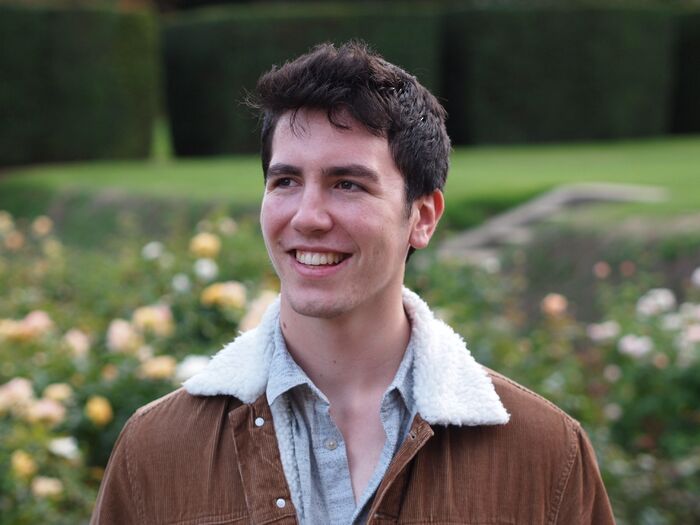Our faculty’s hands have been tied, and students are left to bear the burden
Students must take steps to protect one another where their faculty cannot. This responsibility is too great, writes Charley Barnard

In a Varsity article two weeks ago, two students came forward about the lapses in their colleges’ disciplinary procedures. Where the law prohibits the University and its faculties from taking steps to adequately protect its students, this burden has fallen upon the students themselves.
Unsurprisingly, this disproportionately affects minority students. Women, who, like one of the anonymous students claimed, have to sit through their supervisors “demonstrating fingering someone” and are shot down when complaining. LGBTQ+ maths students who will have to walk into a lecture hall, after seeing the Varsity coverage on Aron Wall, knowing the comments he’s made about our “unnatural sexual acts.” Disabled students with sexual trauma-related PTSD or anxiety, who must decide whether they wish to attend lectures given by sex offenders.
For freshers studying French, their first lecture was scheduled with Nick Hammond, the lecturer mentioned in last week’s article, who is a convicted pedophile. For their very first experience of their degree, freshers were taught by someone on the sex offenders’ register, and the faculty was unable to warn them.
In 2008, when Hammond returned to work in the MML Faculty, the University reportedly assured the press that only students who consented to work with Hammond would be taught by him. Yet in order to consent to something, you need to know the full story. When freshers are not told that their lecturer is on the sex offenders register, they are not able to consent.
“The burden is on untrained, emotionally-unprepared older student to inform new intakes”
The faculty is in a sticky spot. According to the Rehabilitation of Offenders Act of 1974, once a conviction is spent, an individual must be treated as though it never happened. If the MML faculty warns students or makes alternative arrangements for the lectures taught by Hammond, it risks being labeled as discriminatory. That means no warnings, no lecture recordings, and no extra supervisions for people who may want to sit out.
The law is falling short here. The feelings of students are not being given due consideration in favour of protecting one individual. One in four girls and one in six boys will be sexually abused before they turn 18. Statistically, there will be victims of childhood sexual abuse in Hammond’s lectures. And instead of giving these people the right information to make the choice to attend these lectures, the faculty is forced to remain silent.
Thus, the reality is that lecturers’ dark pasts must be passed on through student memory and word of mouth. The burden is on untrained, emotionally-unprepared older student to inform new intakes, and even then, they can only give them the information they need to make the choice between going to the lecture or sitting out. One fresher told me that they felt they were in “the uncomfortable position of having to choose between [their] moral integrity and [their] academic stability.”
I first realised that my college daughter was going to be taught by Hammond when she mentioned that her lecture the next day was on Hammond’s specialty text. I had less than 24 hours to decide when and how I was going to break the news. Freshers then had to decide quickly whether they wanted to miss their very first lecture at a university they’ve worked so hard to get into.
Due to demand, I ran a study group at the same time as the lecture. I made it clear that no judgement would be passed either way, it was just important to me that students had a choice. While it’s wonderful that students (especially a brand new intake) can be radical and organised enough to attend these kind of groups, I feel responsible for running them, and that should not be the case. I’m not an expert on the subject, and yet I give up my time because the faculty has not arranged alternatives.
The MML faculty’s hands are tied by the law in this situation, but for cases such as the appointment of Aron Wall, the University and the faculty of mathematics should take into account the way in which LGBT+ students have responded to this decision to prevent ad-hoc study groups and a division of the student body. In the testimony given in last week’s article, one student reported her inappropriate supervisor to her college: “They told me I’d have to keep going to [his] supervisions or I’d have to intermit.” In the cases of these individuals that came forward, insufficient care was taken to prioritise the wellbeing of students. Students feel unsupported, and we have been left at a loose end.













